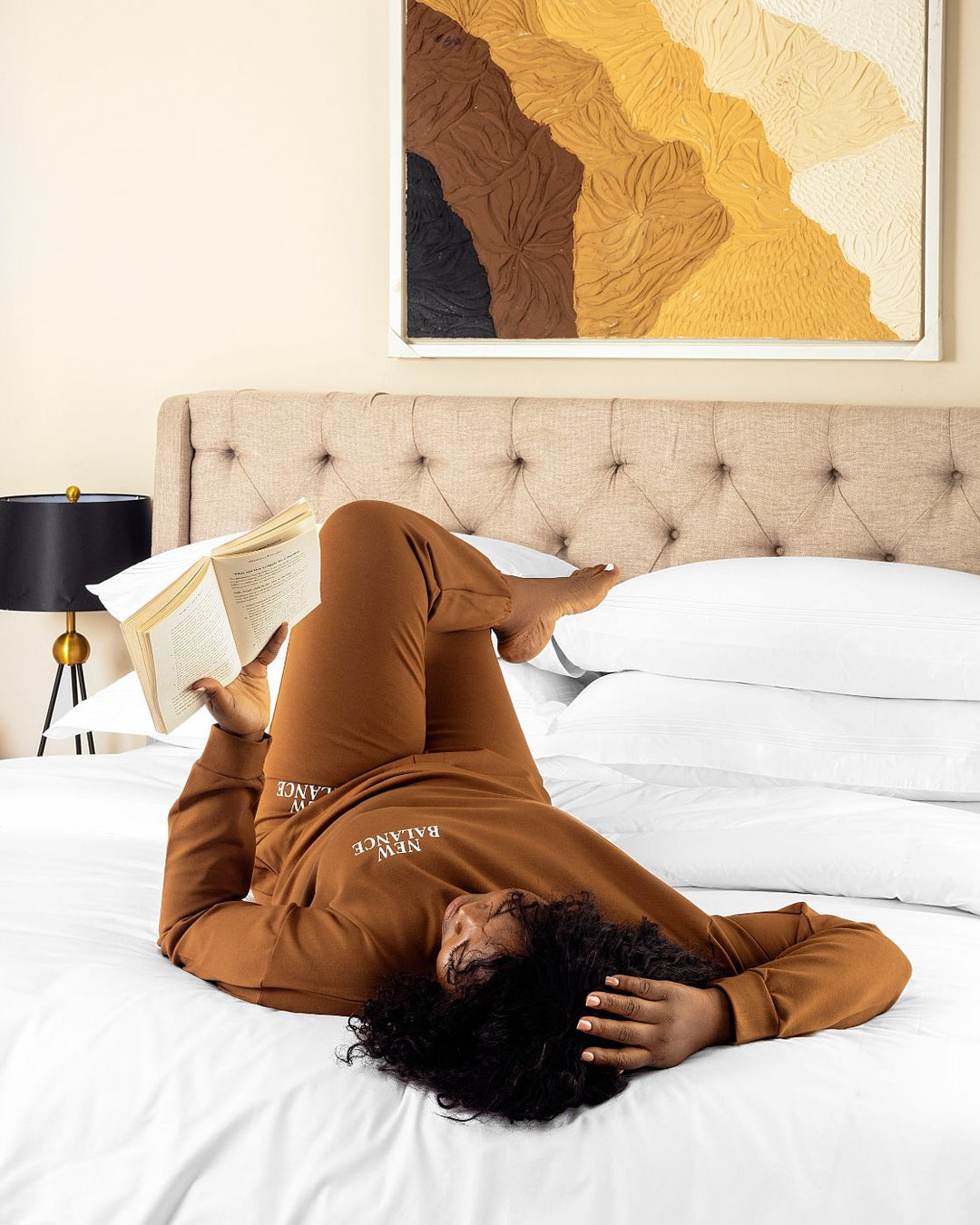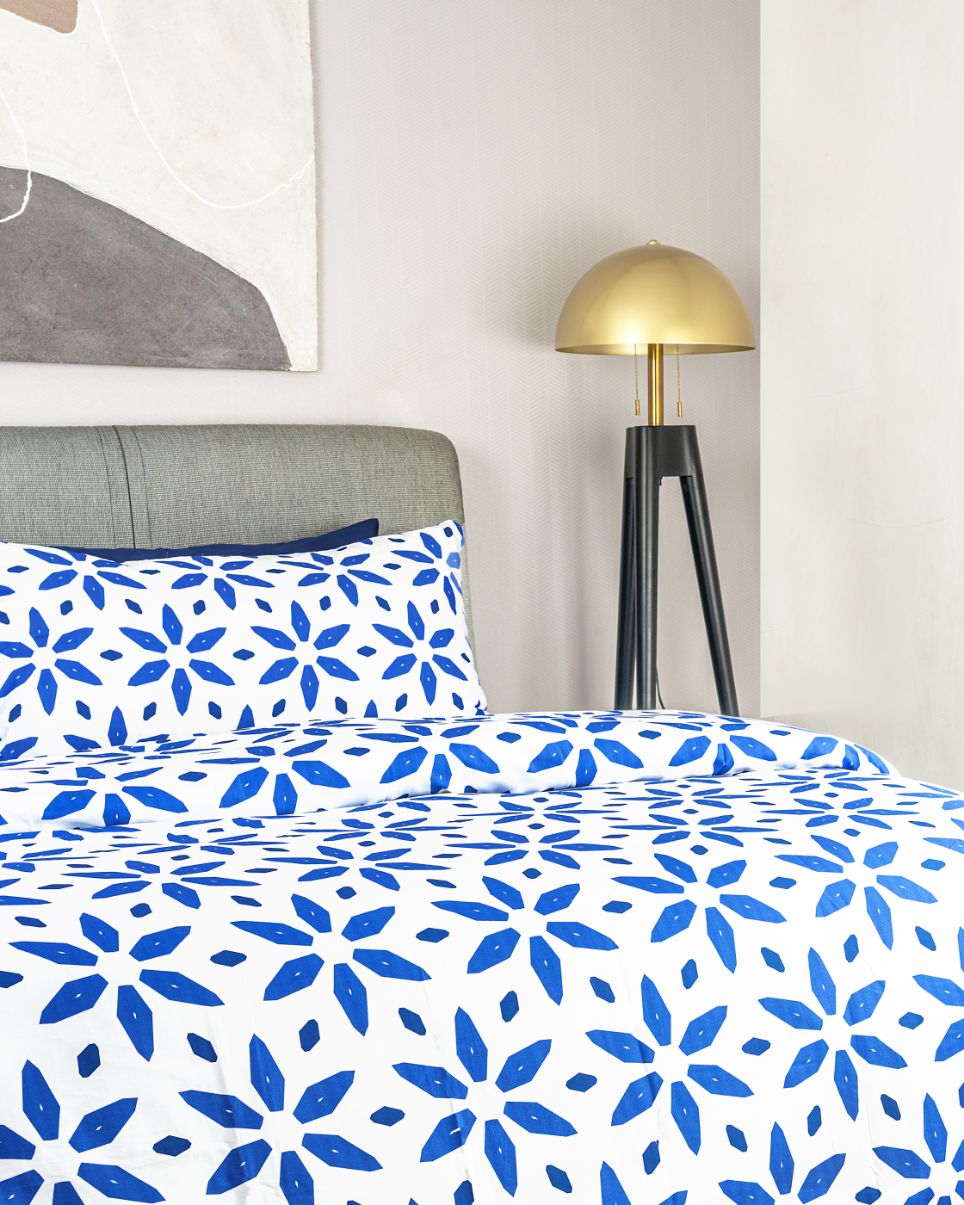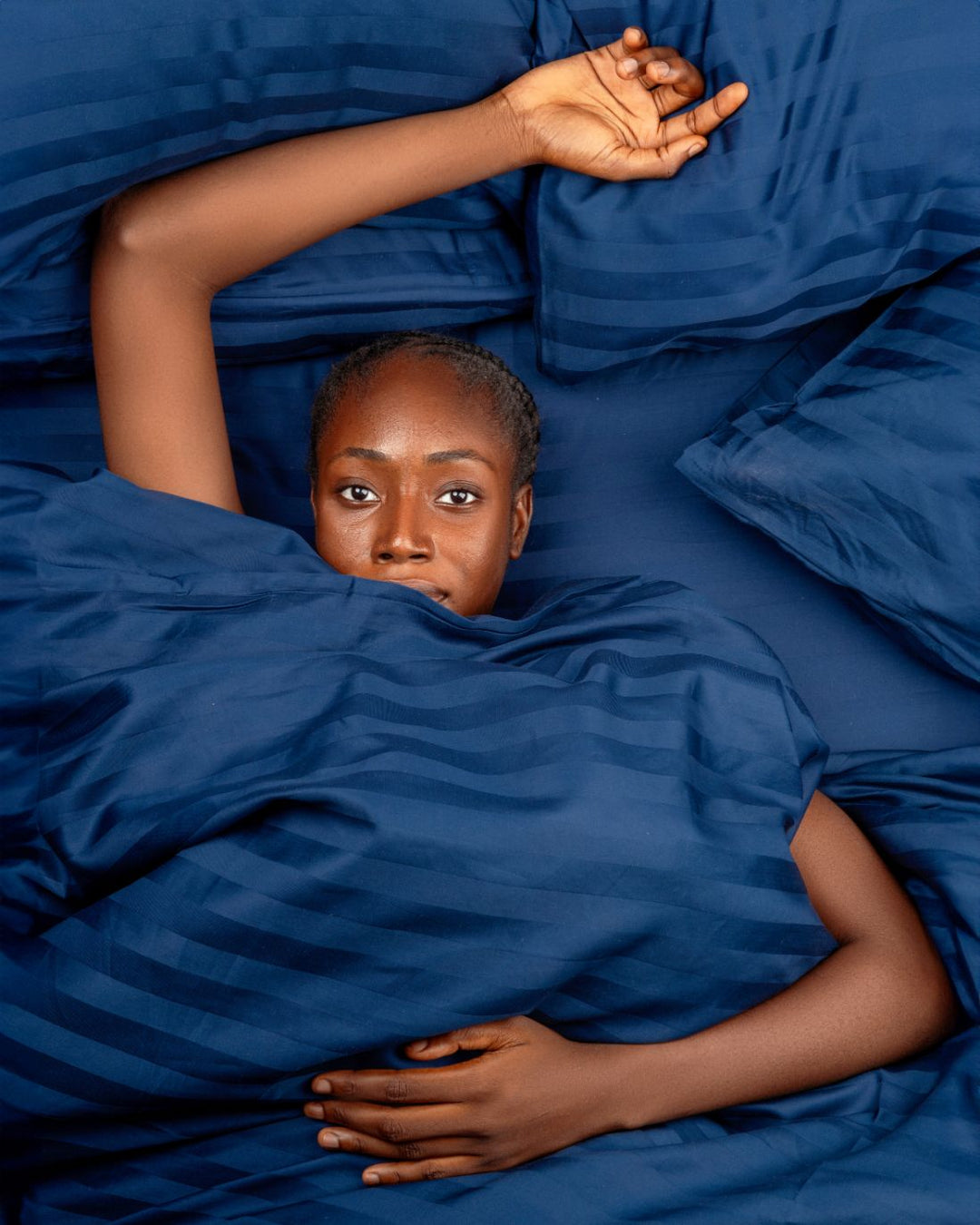So why is snoozing bad?
When you stick to a bedtime/wakeup routine; say sleep at 11 p.m. and wake up at 6 a.m., your body is used to this routine so at a few minutes to 11 you are already winding down, and at 6 a.m. your body is ready to wake. However, when you snooze your alarm from 5:50 right up to 6:15, you throw your body into a confused state.
“When your alarm sounds in the morning, you are torn out of restful sleep. This shock quickly engages your sympathetic nervous system, the fight or flight branch of your autonomic nervous system”
Basically, every time you snooze your alarm only to hear it a few minutes later, you are reactivating the fight or flight branch of your nervous system thereby
“compounding the negative physiological effects on your body, including the release of cortisol which, when prolonged, can create inflammation on a cellular basis.” and according to Janes can also lead to depression.”
Why do you keep hitting snooze?
The key to stopping the snoozing habit is to figure out why you keep hitting the snooze button, again and again, day after day.
Are you snoozing because you’re not getting enough sleep?
In this case, you simply have to log in more sleep hours by sleeping earlier. If sleeping earlier is not an option because of your schedule, then try taking small naps during the day.
Are you snoozing because your room isn’t comfortable?
If you fall asleep faster on a hotel bed or at your friend’s place, then it’s a sign that your bedroom setup is not right for you. Every item in your bedroom – from the mattress to beddings, even the lighting contributes to your sleep so you need to figure out what works best for you. Get the best mattress, plush pillows, and silky smooth sheets that make falling asleep easy.
Are you exercising?
Several studies show that people who exercise sleep more soundly than those who don’t so you might want to consider getting some exercise during the week to see if you sleep better.
You should also watch the kind of foods you take just before bedtime – caffeinated drinks, greasy foods, and alcohol are a no-no if you want to have a great night’s sleep.
If you are not sleeping great because of chronic sleep issues like sleep apnea, you should have a conversation with your doctor about possible solutions.






Leave a comment